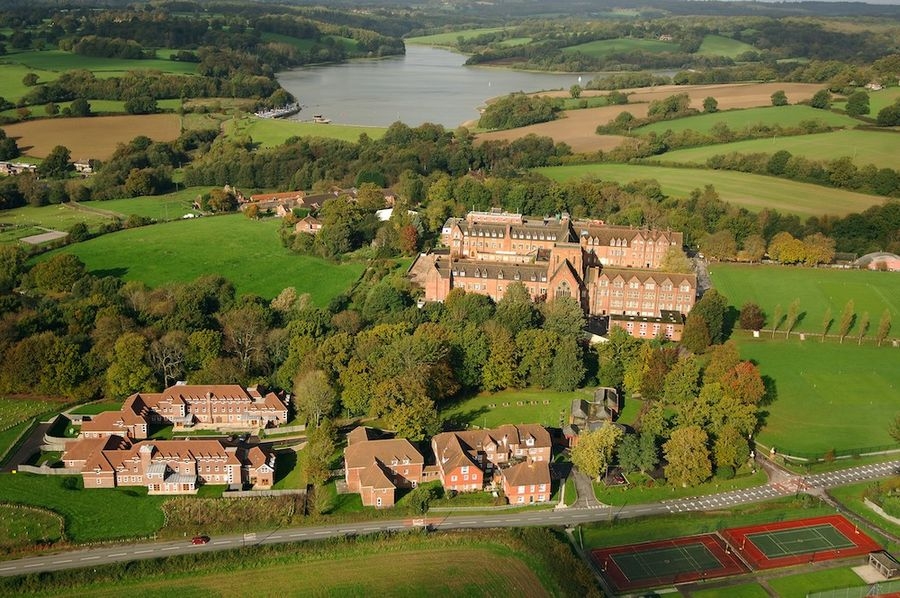Getting Ready to Study in the UK
UK Education
The United Kingdom (UK) consists of four constituent countries—England, Scotland, Wales and Northern Ireland, all follow a system which educates children from age 5 until they go onto university at age 18 or 19. There are some minor differences in Scotland and Northern Ireland, but the same broad outlines still apply:
UK Education System
Age
England & Wales
Northern Ireland
Scotland
20-21
19-20
18-19
17-18
16-17
15-16
14-15
13-14
12-13
11-12
10-11
9-10
8-9
7-8
6-7
5-6
4-5
3-4
University: Year 3
University: Year 2
University: Year 1
Year 13
AL / IBDPYear 12
AL / IBDPYear 11
GCSE / IGCSEYear 10
GCSE / IGCSEYear 9
Year 8
Year 7
Year 6
Year 5
Year 4
Year 3
Year 2
Year 1
Reception (Foundation)
Nursery (Pre-School)
University: Year 3
University: Year 2
University: Year 1
Year 14
ALYear 13
ALYear 12
GCSE / IGCSEYear 11
GCSE / IGCSEYear 10
Year 9
Year 8
Year 7
Year 6
Year 5
Year 4
Year 3
Year 2
Year 1
University: Year 4 / University: Year 3
University: Year 3 / University: Year 2
University: Year 2 / University: Year 1
University: Year 1 / Secondary 6
Advanced HighersSecondary 5
HighersSecondary 4
Secondary 3
Secondary 2
Secondary 1
Primary 7
Primary 6
Primary 5
Primary 4
Primary 3
Primary 2
Primary 1
Nursery
Grade
University
Secondary School / Senior School
Primary School / Preparatory School
Public Exams
Advanced Level
International Baccalaureate Diploma Programme
General Certificate of Secondary Education
International General Certificate of Secondary Education
Highers
Advanced Highers
Type of Schools
Independent/Private Schools
UK independent schools are privately funded educational institutions that operate independently of government control. They are funded primarily through tuition and boarding fees rather than government funding. These schools are governed by their own boards of governors or trustees and have autonomy over their curriculum, admissions policies, and management, allowing for flexibility and innovation in education. They often offer a high level of academic rigour, along with a wide range of extracurricular activities.
State Schools
UK state schools are government-funded educational institutions, offering free education to students from primary to secondary levels covering the costs of tuition. These schools mainly follow the national curriculum and are open to all children. State schools are overseen by local authorities or academy trusts and are required to adhere to certain standards set by the government. All children between the ages of 5 and 16 are entitled to a free place at a state school.


Academic Year
The academic year in the UK typically runs from September to July and is divided into three terms: Autumn, Spring, and Summer. Students have breaks between terms, with shorter breaks around Christmas and Easter and longer breaks in the summer. Universities and colleges set their own academic calendars with similar structures.
Autumn Term
Early September - Mid December Christmas Break (around 3 weeks)
Spring Term
Early Jan - March Easter Break (around 3 weeks)
Summer Term
Mid April - Early July Summer Break (around 8 weeks)
Public Examination in the UK
General Certificate of Secondary Education (GCSE):
Students in most state and independent schools in the UK are prepared for and sit the GCSE examinations. GCSEs are typically taken at the end of compulsory education, usually at age 16 (end of Year 11). Students usually take a range of subjects, including English, Mathematics, Sciences, Humanities, and Languages. Grading is on a scale from 9 to 1 (with 9 being the highest). The International General Certificate of Secondary Education (IGCSE), similar to GCSE, is an internationally recognized qualification designed for students in schools around the world.
Advanced Level (A-Level):
A-levels are two-year programmes with students studying three or four subjects in depth, allowing specialisation in areas of interest. Assessment is based on examination and graded from A* to E. Students typically take the exam at the end of Year 13.
International Baccalaureate Diploma Programme (IBDP):
The IBDP curriculum is a two-year programme made up of six subject groups and the DP core, comprising theory of knowledge (TOK), creativity, activity, service (CAS) and the extended essay. Students typically take the exam at the end of Year 13.

